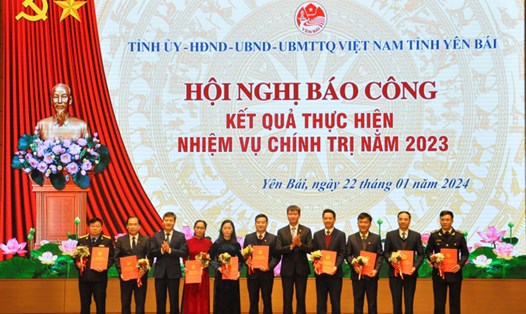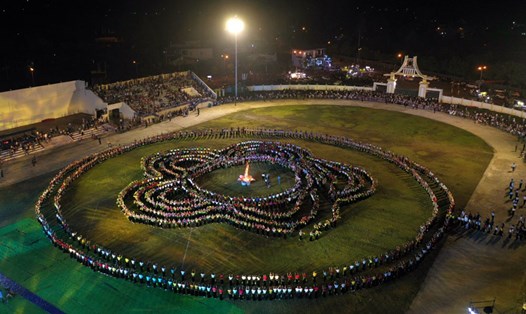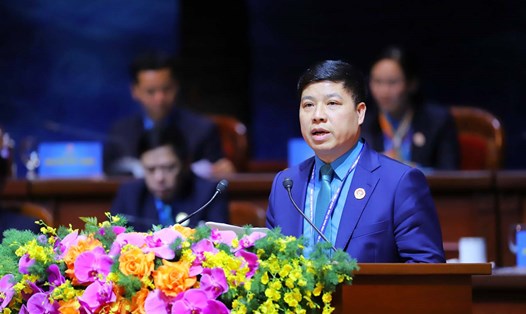The Happiness Index is a measure of the happiness level of a country or community. It reflects the level of satisfaction and contentment of people with their lives, not only through material factors but also through spiritual factors including health, education and living environment.
The most popular happiness index today is the World Happiness Report, published annually by the United Nations Sustainable Development Solutions Network.
The good news is that according to the 2024 World Happiness Report, Vietnam's Happiness Index has made very positive improvements compared to 2023, rising 11 places to rank 54th in the world.
This achievement comes from many factors, such as in the past, Vietnam's social policies, in which, the most prominent are policies for people with meritorious services, sustainable poverty reduction for disadvantaged groups according to the principle of ensuring minimum social security, gradually increasing social assistance levels have been implemented correctly, sufficiently and promptly, creating important changes in awareness, action and effectiveness.
However, according to the proposal of experts and National Assembly delegates, in order for the Happiness Index to improve and always rank higher each year, Vietnam needs to build its own set of Happiness Indexes with specific criteria, suitable to the social, cultural and economic characteristics of the country.
The basic criteria of the Global Happiness Index include: Per capita income; level of social support for individuals; life expectancy and health; people's trust in social institutions; community sharing in hardship and adversity; each person's sense of happiness in life...
However, Vietnam can add more criteria on living costs, living environment and pollution, education level, lifelong learning opportunities, transparency and efficiency in government administration, sustainable development policies and environmental protection, family and relationships, community spirit and national culture...
When we have a Happiness Index with clear, specific criteria that are suitable for the country's culture and circumstances, people's happiness will be quantified, instead of being qualitative and somewhat general as it has been for a long time.
Quantifying the two words "happiness" with indicators not only helps national managers assess the current situation but also serves as a basis for continuing to promote sustainable development policies, bringing more happiness to the people, and at the same time moving towards a fair and prosperous society!











